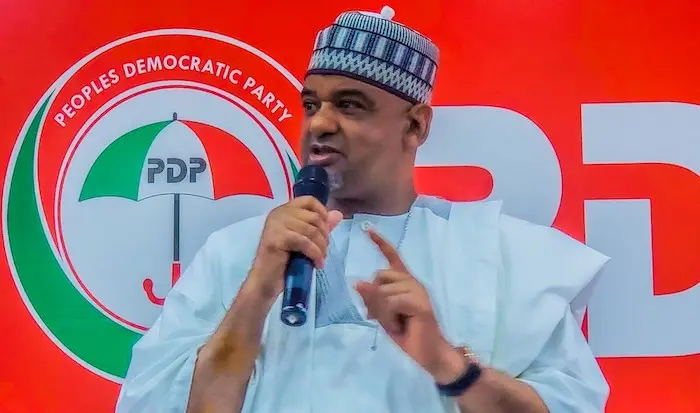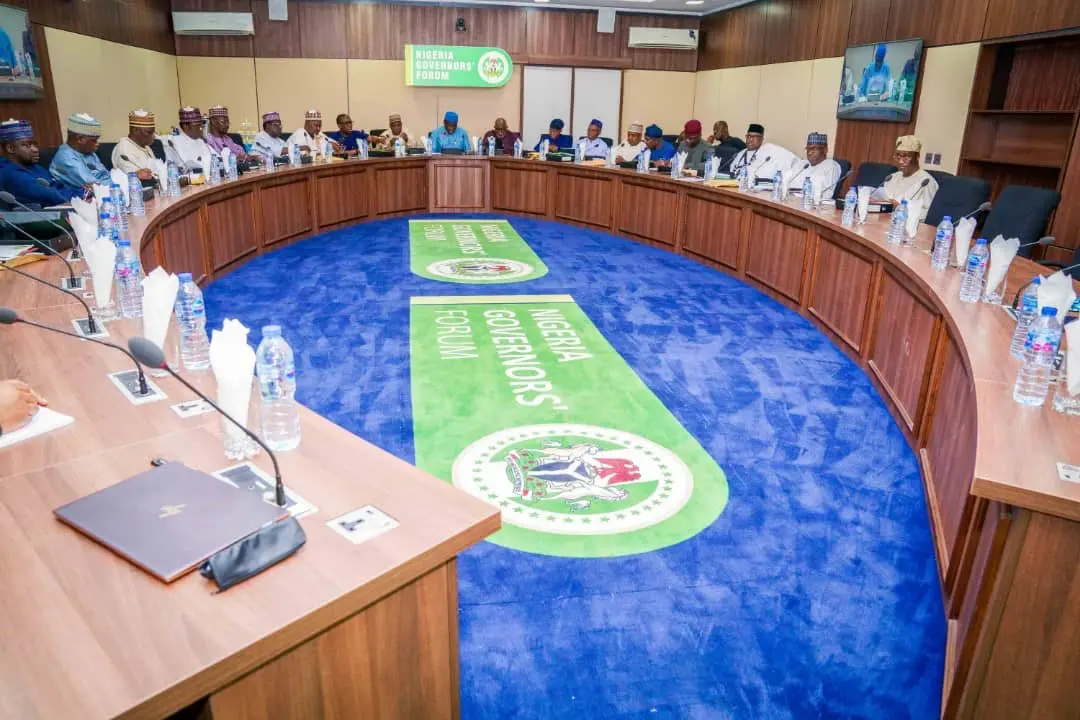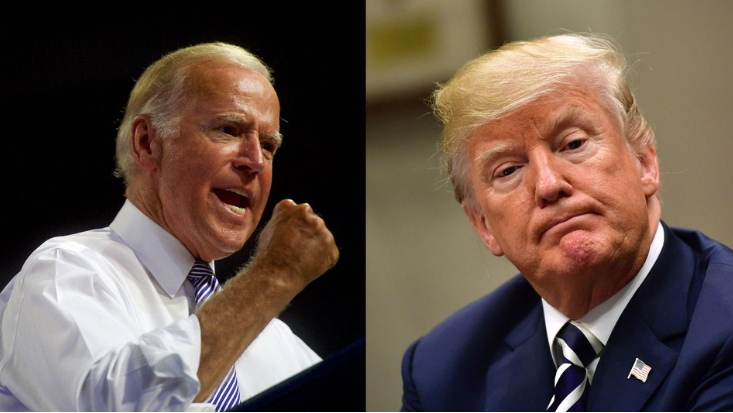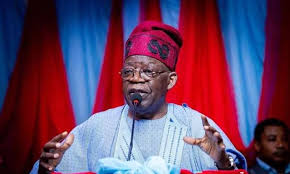PDP Ready For Edo, Ondo Guber Polls— Umar Damagum
June 28, 2024Minimum Wage: Govs Want State To Negotiate With Labour
June 28, 2024INVESTIGATION: Market Updates on Subsidy Removal
INVESTIGATION: Market Updates on Subsidy Removal
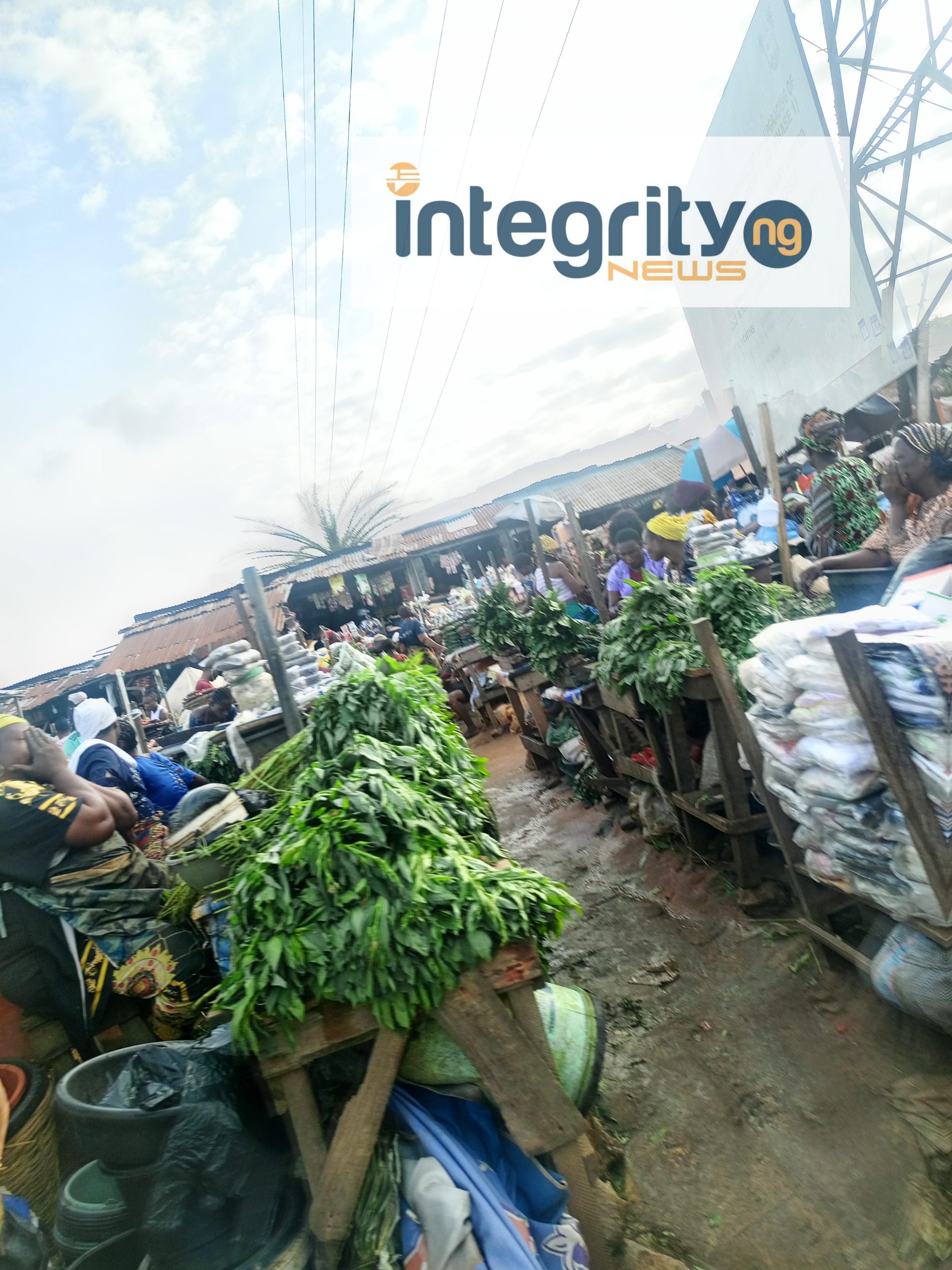
The removal of subsidy is now an established reality, no longer a piece of breaking news. President Bola Ahmed Tinubu’s decision to eliminate subsidy has generated mixed opinions among notable Nigerians. While the majority of Nigerians applaud the president for taking this drastic action, believing it will salvage the country’s economy, a few individuals who benefit from the fraudulent subsidy scheme have expressed their disapproval, condemning Asiwaju.
Numerous groups, including the Nigeria Labour Congress and electricity workers, have threatened to stage protests and disrupt business operations in response to the subsidy removal.
In light of these developments, i-News Nigeria conducted interviews at various locations to assess how the subsidy removal has impacted traders, transporters, and business owners.
The first group significantly affected by this decision is the transporters and passengers. Lagos residents are lamenting the exorbitant transport fares across all areas.
During an interview with an i-News Nigeria correspondent, Dele Johnson, a passenger in the Agric area of Ikorodu, expressed his frustration with the unreasonably high fares charged by commercial drivers.
“Previously, a trip from Agric to Igboolomu cost N150, but now it has doubled to N300. Some drivers even charge as much as N400 per passenger,” Johnson decried.

“These fare increases are not only unreasonable but also astronomical, he remarked,” he added.
Other passengers who were stranded at the bus stop also voiced their disappointment in the federal government’s decision, as they had to walk a considerable distance to find a bus at a somewhat reasonable price.
They appealed to the government to consider the plight of the impoverished masses when making decisions that affect the entire nation.
“Most of us salaried workers are greatly affected. It is unfortunate that the federal government made the announcement without prior notice. The suddenness of it all is distressing,” lamented one passenger.
“We have budgeted our salary and allocated a certain amount for transportation. Unfortunately, the federal government has disrupted our plans. How do we cope with this current tragedy?”
Responding to these complaints, a tricyclist known as Alfa Yusuf justified the fare increases, citing the high fuel prices they have to contend with. He explained that getting fuel has become challenging, requiring them to visit multiple filling stations.
“Some stations even refuse to sell fuel,” Alfa Yusuf lamented.
He stated that he purchased a liter of fuel for N500. “So it is understandable that we would increase our fares,” he said.
He emphasized that it is not their fault and that passengers need to bear with them.
Market Situation Reports
Wholesalers in the market appear to be relatively unaffected, as the prices of goods have remained unchanged.
Mama Waheed, a trader at Ojuwoye Market in Mushin, confirmed during an interview that the prices of products have not increased. However, she expressed concern over the decline in customer patronage since the subsidy removal.
“The prices of our products have not gone up. We still sell them at the usual prices,” she stated.
She added that their only challenge is the decrease in customer visits due to the high transport fares.
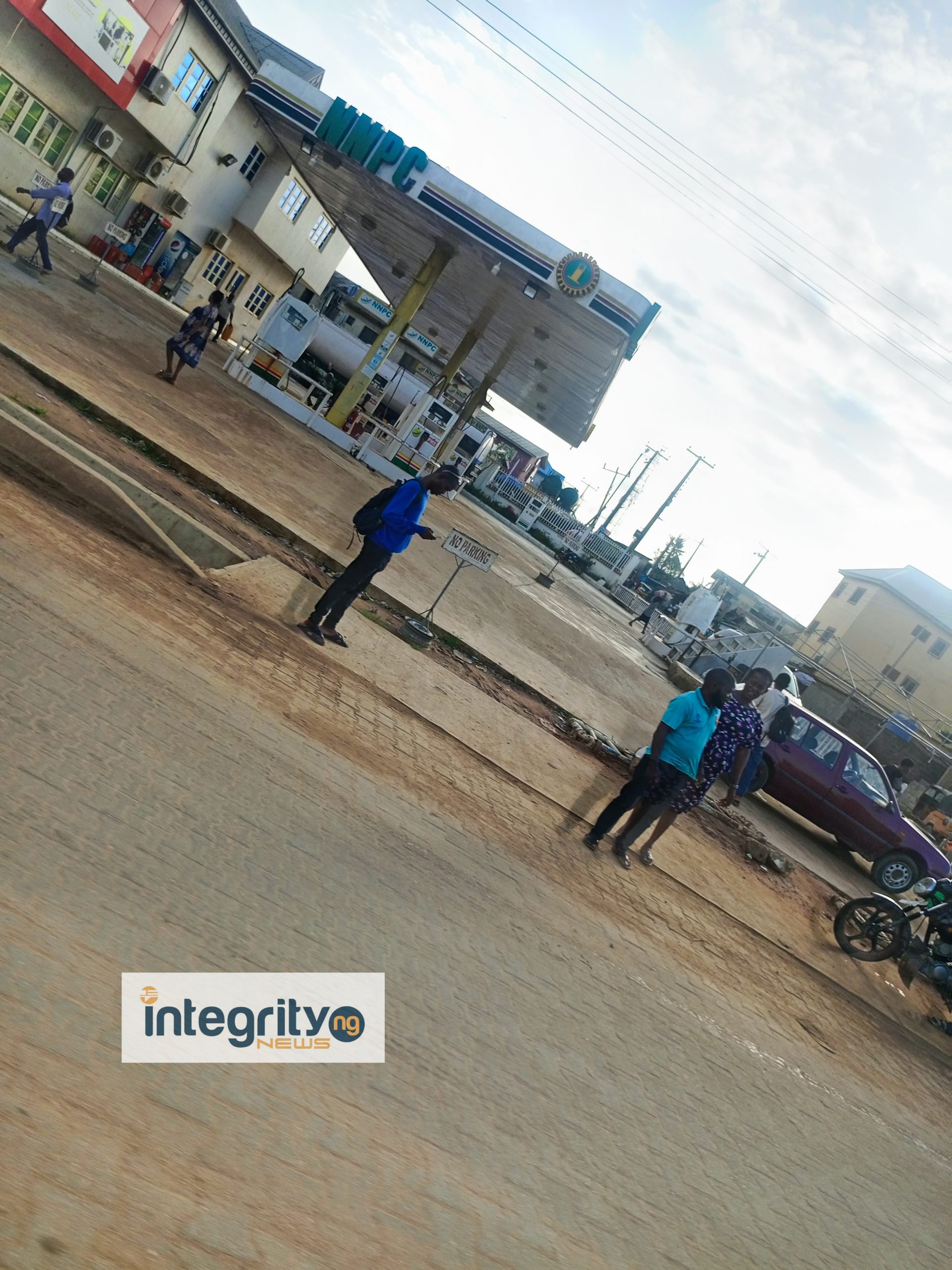
According to Iya Waheed, if the hike in transport fares continues, it will eventually impact the prices at the retailer level.
Gas and Rice Prices Decrease Despite Subsidy Removal
An exciting aspect of the subsidy removal is the reduction in prices of gas, rice, and diesel.
Currently, at the Sabo area of Ikorodu, a bag of rice costs N32,000 compared to the previous price of N38,000. Additionally, the price of diesel has dropped from N850 to N600.
Gas, previously sold at N1000 per kg now sells for N650 per kg.
However, while confirming the drop in the gas price, Oladele Solomon, CEO Dejsab Venture, stated that he sells at 800 per kg. He mentioned that certain people still sell above N650, contingent upon their geographical location. He attributed this price increase to the rise in transportation fares.
